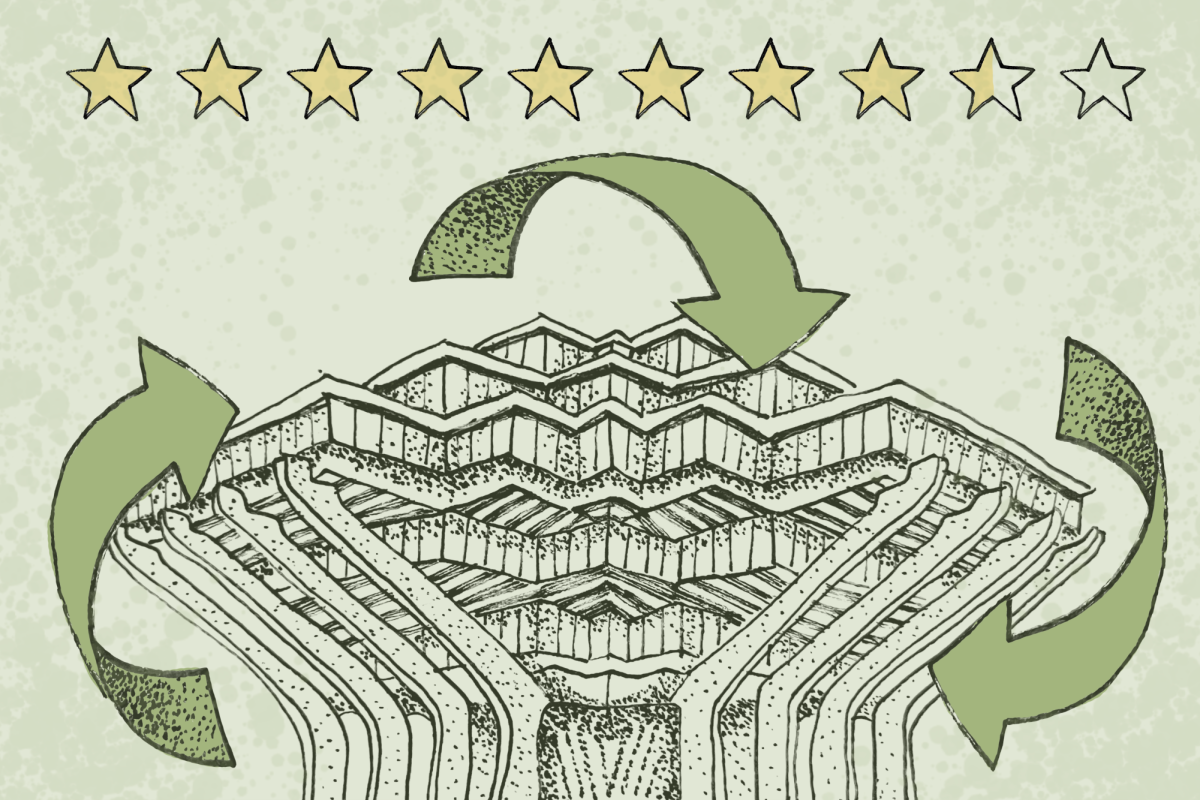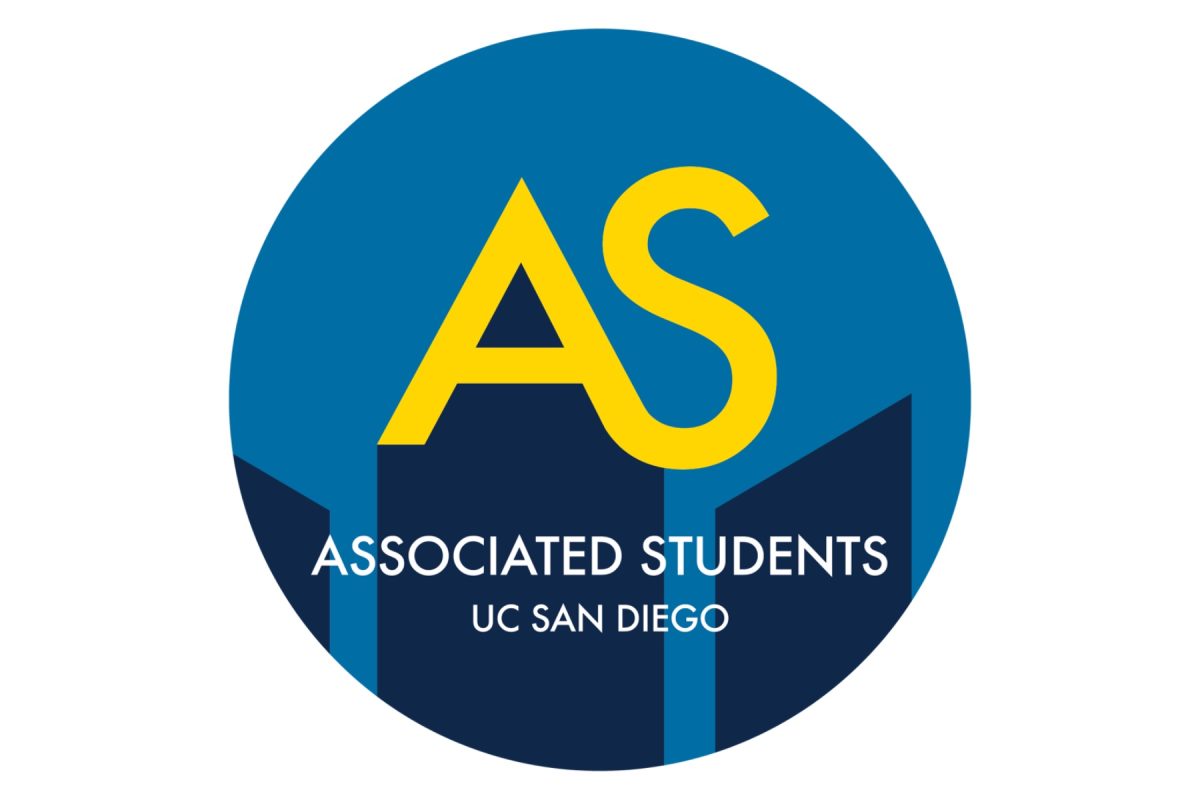UC San Diego received a Platinum rating from the Sustainability Assessment and Rating System following its re-evaluation in November 2024. STARS is a self-reporting evaluation system run by The Association for the Advancement of Sustainability in higher education.
A STARS certification is valid for three years. Prior to this re-evaluation, UCSD held a Gold rating based on its previous certification in April 2021, when the school received a score of 71.74. That certification expired in April 2024. UCSD has been brought up to a Platinum rating with a score of 86.87 in its most recent evaluation.
To receive a certification, schools submit a report on their sustainability efforts in five categories: academics, engagement, operations, planning and administration, and innovation. The school’s self-report is then evaluated with a numerical score in each category. Some categories are weighed more heavily than others in the final score.
In a written statement to The UCSD Guardian, campus sustainability officer Carrie Metzgar, who was appointed as the designated officer for this report, explained why UCSD’s ranking increased in their recent re-evaluation.
She cited the University fostering collaboration across 75 campus departments, distributing campus-wide surveys, and partnering with University Communications as significant factors in improving the school’s STARS ranking.
Metzgar noted that the implementation of the Jane Teranes Climate Change Education Requirement in Fall 2024 was a significant factor in earning this certification. She also credited other campus initiatives like Seventh College’s Synthesis Program’s Living Laboratory, which involves student groups that form proposals on decarbonizing UCSD .
UCSD’s chapter of the California Public Interest Research Group is a student-led organization focused on achieving broader solutions toward sustainability. In a written statement to The Guardian, Toby Ngo, UCSD CALPIRG’s 2025 chapter chair, commented on the expansion of sustainable campus operations.
“UCSD has a great track record with developing sustainable buildings, such as Sixth College, and they also committed to phasing out non essential single use plastics by 2030, which CALPIRG ran a campaign to encourage them to do,” he wrote. “Other visible actions taken by the University feel primarily run by students at the SRC (Summer Research Conference) or gardens throughout campus.”
The campus’ sustainability also improved with the opening of the UCSD Blue Line Trolley in 2021. Stops became available to students on the main campus and at UCSD Health. Increased public transportation helps reduce CO2 emissions due to a decrease in traffic from cars.
“In 2023, total ridership to and from the two campus stations increased to nearly two million rides,” Metzgar said.
Metzgar also outlined the steps UCSD plans to take to further improve sustainability efforts before its next STARS evaluation:
- Leverage the results of the STARS report to develop a comprehensive UC San Diego Sustainability & Climate Action Plan, which will serve as a roadmap for sustainable operations, practices, initiatives, and partnerships. This plan will prioritize strategies and solutions for reducing greenhouse gas emissions, planning for adaptation to climate change, and integration of environmental justice and community resilience.
- Align future sustainability efforts with the upcoming UCSD Strategic Plan Refresh, which will encompass sustainability and climate action plan strategies into the university’s overall vision and goals.
Ngo also commented on how the University could improve its sustainability in the coming years.
“I believe that the University can improve on engaging students in sustainability. They seem to do a whole lot without many students knowing, so to get students involved will help pre-existing sustainable projects and also allow students to be invested with what’s to come.”
The Platinum STARS certification will be valid until Dec. 17, 2027. UCSD is able to submit materials for re-evaluation anytime before the certification expires.











